PDD-NOS
Recent articles
The blurred line between autism and intellectual disability
Doctors often conflate autism and intellectual disability, and no wonder: The biological distinction between them is murky. Scientific progress depends on knowing where the conditions intersect — and part ways.
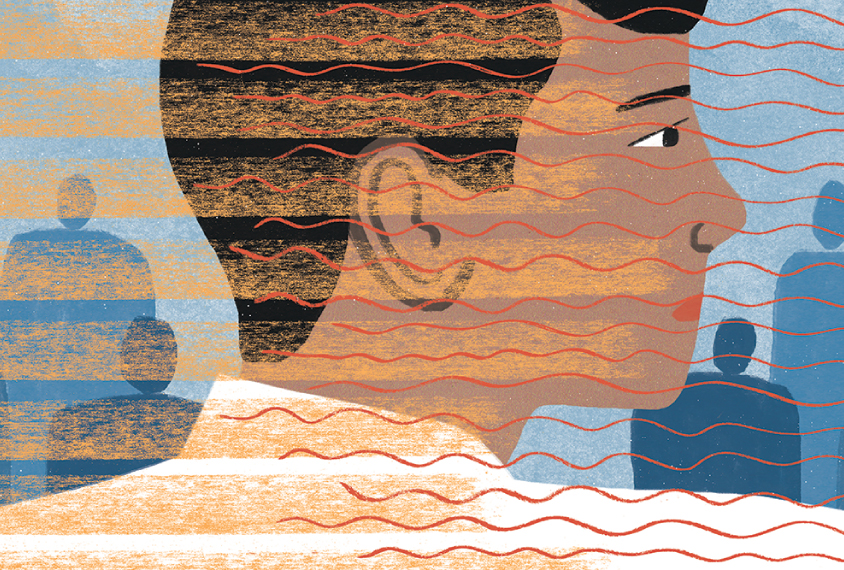
The blurred line between autism and intellectual disability
Doctors often conflate autism and intellectual disability, and no wonder: The biological distinction between them is murky. Scientific progress depends on knowing where the conditions intersect — and part ways.
Rebooting Becky’s brain
An electrical brain implant all but erased the obsessions that had consumed Becky Audette, years after her autism diagnosis. Could similar implants help other people with severe autism?
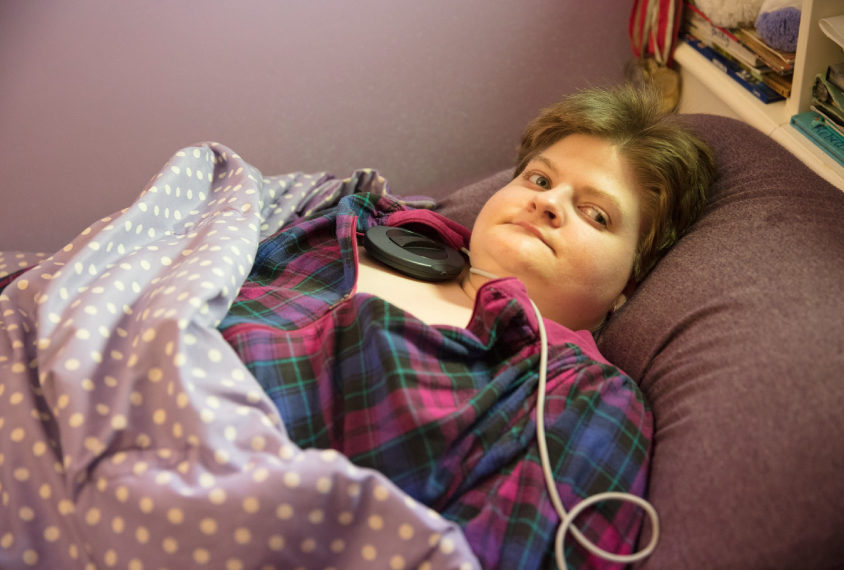
Rebooting Becky’s brain
An electrical brain implant all but erased the obsessions that had consumed Becky Audette, years after her autism diagnosis. Could similar implants help other people with severe autism?
Few people mourn Asperger syndrome’s loss from diagnostic manuals
Our concept of autism has evolved over the past 20 years, rendering redundant the diagnostic labels of Asperger syndrome and pervasive developmental disorder-not otherwise specified.
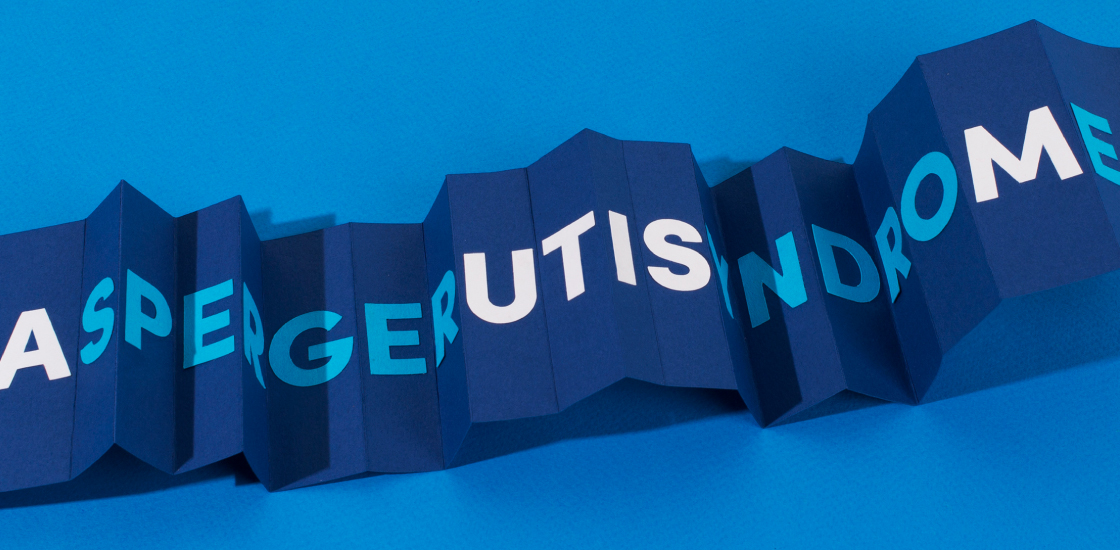
Few people mourn Asperger syndrome’s loss from diagnostic manuals
Our concept of autism has evolved over the past 20 years, rendering redundant the diagnostic labels of Asperger syndrome and pervasive developmental disorder-not otherwise specified.
The evolution of ‘autism’ as a diagnosis, explained
From a form of childhood schizophrenia to a spectrum of conditions, the characterization of autism in diagnostic manuals has a complicated history.
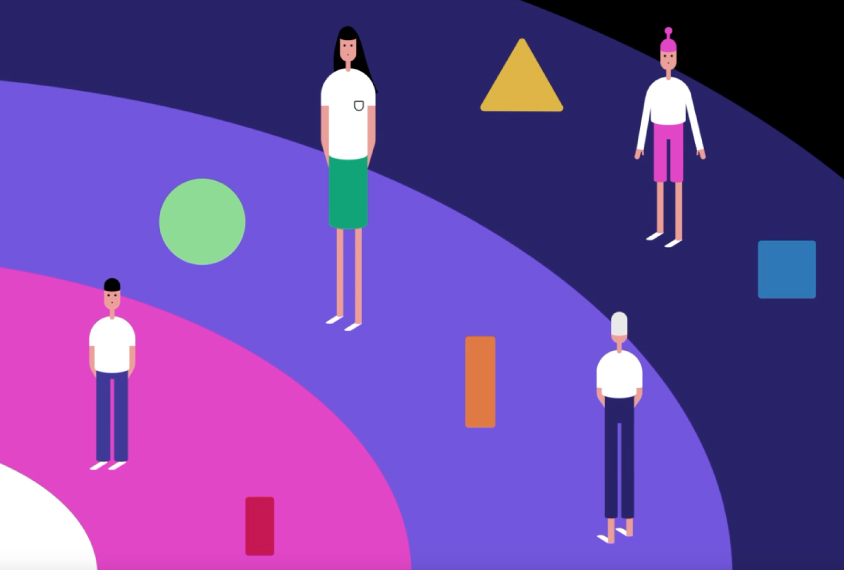
The evolution of ‘autism’ as a diagnosis, explained
From a form of childhood schizophrenia to a spectrum of conditions, the characterization of autism in diagnostic manuals has a complicated history.
Narrowing of ‘autism’ in DSM-5 runs counter to idea of broad spectrum
The strict definition of autism in the latest version of the diagnostic manual is antithetical to the idea that autism comes in a wide variety of forms.
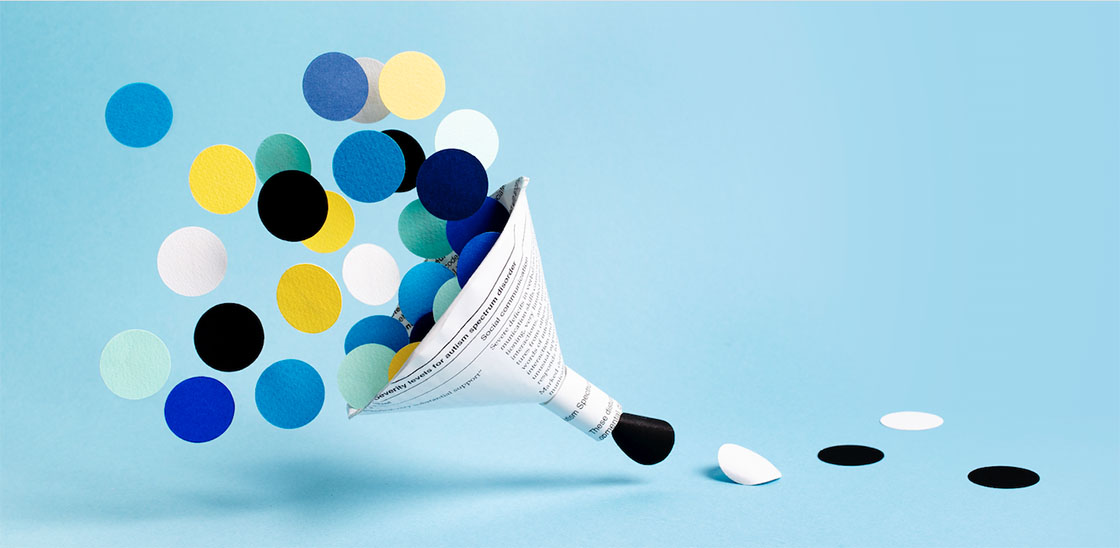
Narrowing of ‘autism’ in DSM-5 runs counter to idea of broad spectrum
The strict definition of autism in the latest version of the diagnostic manual is antithetical to the idea that autism comes in a wide variety of forms.
Why the definition of autism needs to be refined
Five years after its latest revision, the manual used to diagnose autism is back under scrutiny, as evidence suggests it excludes some people on the spectrum.
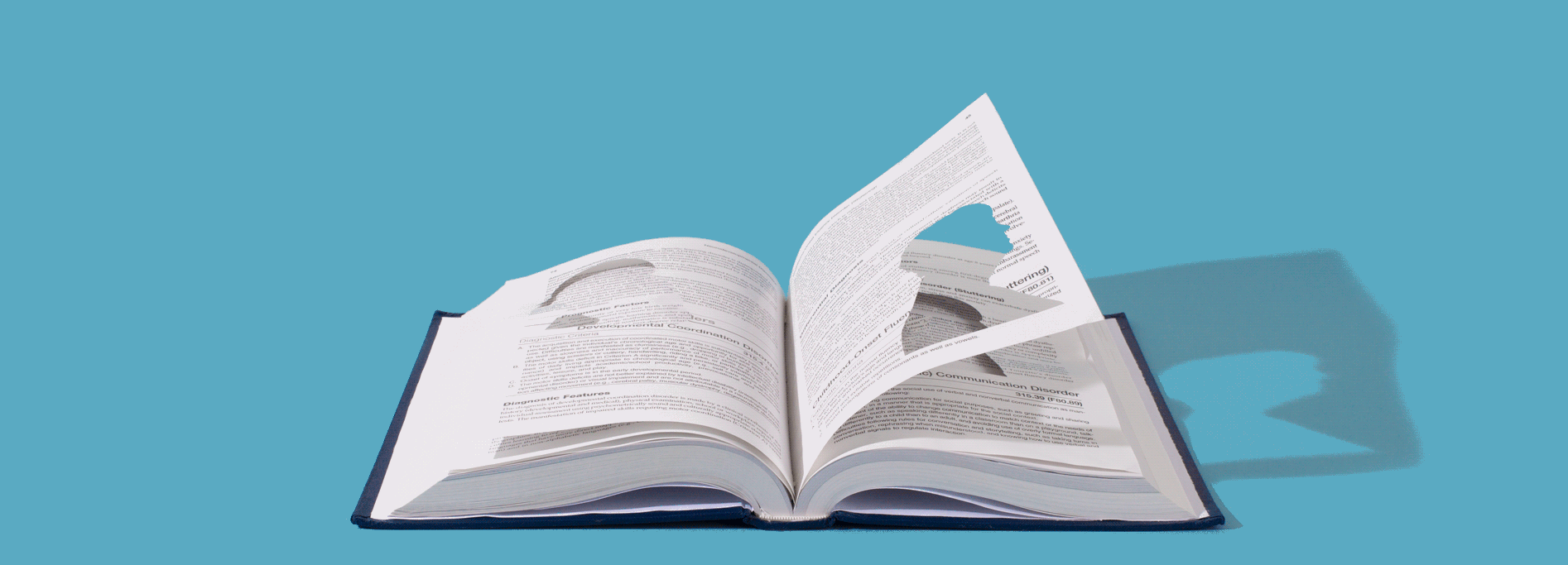
Why the definition of autism needs to be refined
Five years after its latest revision, the manual used to diagnose autism is back under scrutiny, as evidence suggests it excludes some people on the spectrum.
Why no one needs a diagnosis of ‘social communication disorder’
A diagnosis of social communication disorder only keeps people from a community and resources they desperately want and need.
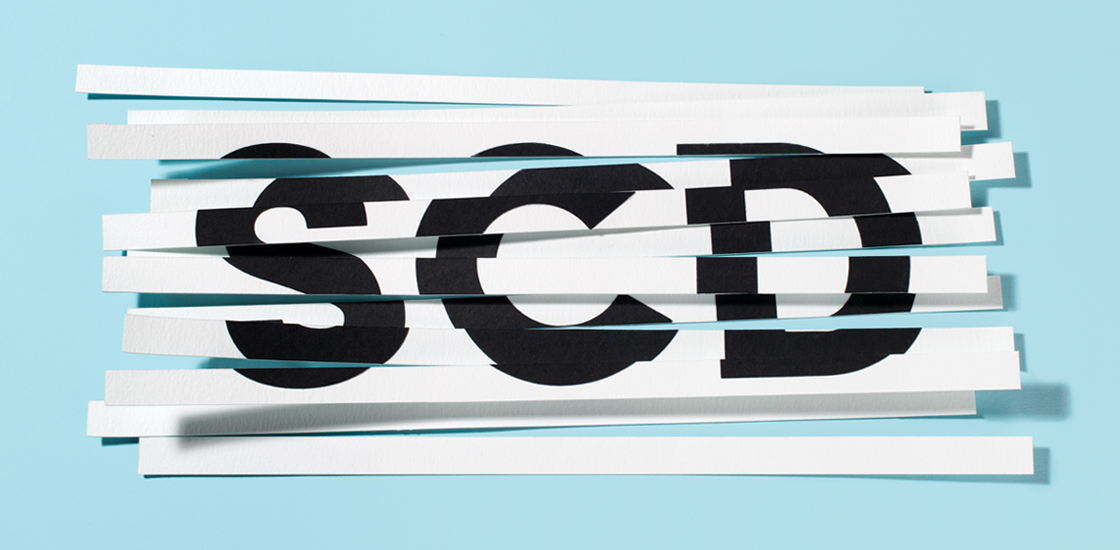
Why no one needs a diagnosis of ‘social communication disorder’
A diagnosis of social communication disorder only keeps people from a community and resources they desperately want and need.
Prevalence plateau; herbal inquiry; protein profile and more
Autism prevalence plateaued for the years 2014 to 2016, a review finds no evidence that herbal therapies for autism work, and a panel of four proteins in blood may distinguish children with autism.
Prevalence plateau; herbal inquiry; protein profile and more
Autism prevalence plateaued for the years 2014 to 2016, a review finds no evidence that herbal therapies for autism work, and a panel of four proteins in blood may distinguish children with autism.
Wide awake: Why children with autism struggle with sleep
Half of children who have autism have trouble falling or staying asleep, which may make their symptoms worse. Scientists are just beginning to explore what goes wrong in the midnight hour.

Wide awake: Why children with autism struggle with sleep
Half of children who have autism have trouble falling or staying asleep, which may make their symptoms worse. Scientists are just beginning to explore what goes wrong in the midnight hour.
Screening toddlers for autism is worthwhile
A Norwegian study published in February suggested that the Modified Checklist for Autism in Toddlers fails to detect many cases of autism at 18 months of age. The creators of the test explain why there’s more to the story.

Screening toddlers for autism is worthwhile
A Norwegian study published in February suggested that the Modified Checklist for Autism in Toddlers fails to detect many cases of autism at 18 months of age. The creators of the test explain why there’s more to the story.
Explore more from The Transmitter
INSAR takes ‘intentional break’ from annual summer webinar series
The International Society for Autism Research cited a need to “thoughtfully reimagine” its popular online program before resuming it in 2026.

INSAR takes ‘intentional break’ from annual summer webinar series
The International Society for Autism Research cited a need to “thoughtfully reimagine” its popular online program before resuming it in 2026.
Null and Noteworthy: Neurons tracking sequences don’t fire in order
Instead, neurons encode the position of sequential items in working memory based on when they fire during ongoing brain wave oscillations—a finding that challenges a long-standing theory.
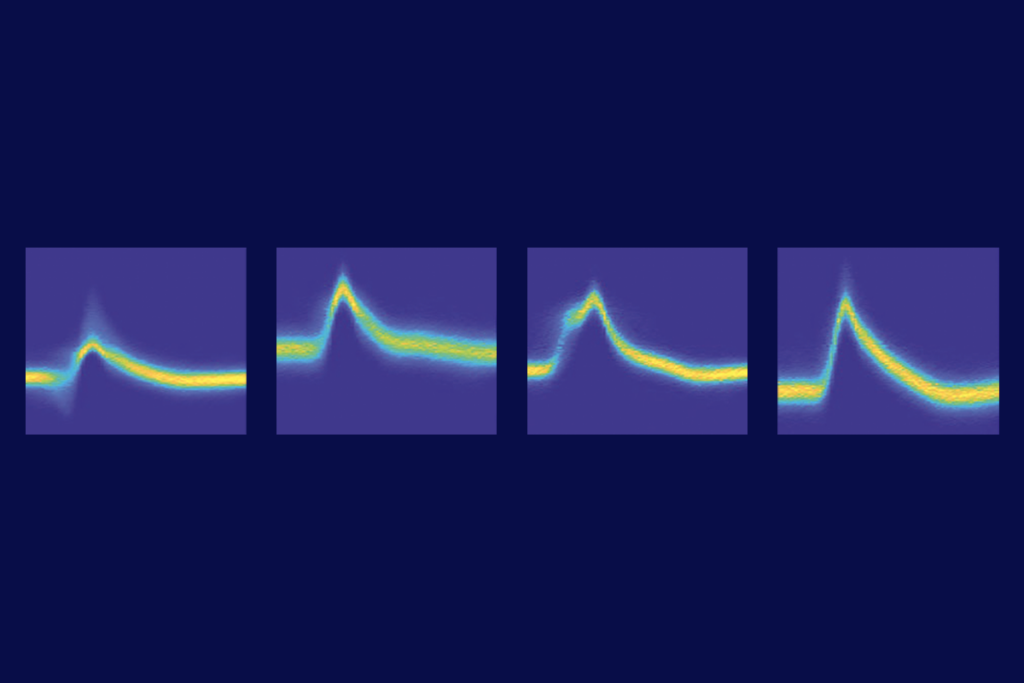
Null and Noteworthy: Neurons tracking sequences don’t fire in order
Instead, neurons encode the position of sequential items in working memory based on when they fire during ongoing brain wave oscillations—a finding that challenges a long-standing theory.
How to teach this paper: ‘Neurotoxic reactive astrocytes are induced by activated microglia,’ by Liddelow et al. (2017)
Shane Liddelow and his collaborators identified the factors that transform astrocytes from their helpful to harmful form. Their work is a great choice if you want to teach students about glial cell types, cell culture, gene expression or protein measurement.
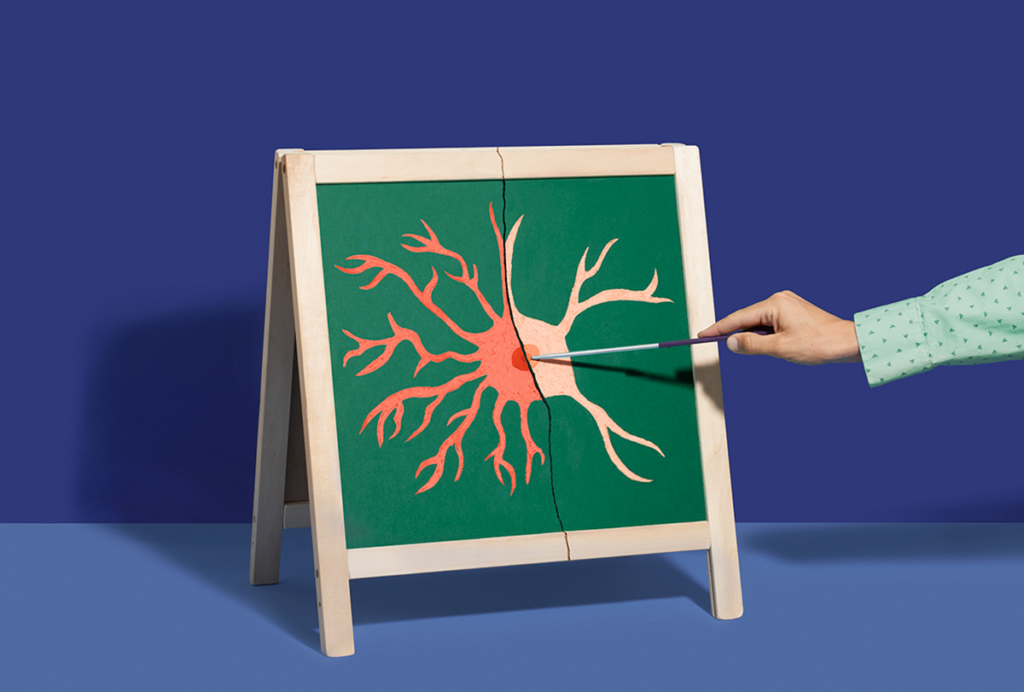
How to teach this paper: ‘Neurotoxic reactive astrocytes are induced by activated microglia,’ by Liddelow et al. (2017)
Shane Liddelow and his collaborators identified the factors that transform astrocytes from their helpful to harmful form. Their work is a great choice if you want to teach students about glial cell types, cell culture, gene expression or protein measurement.